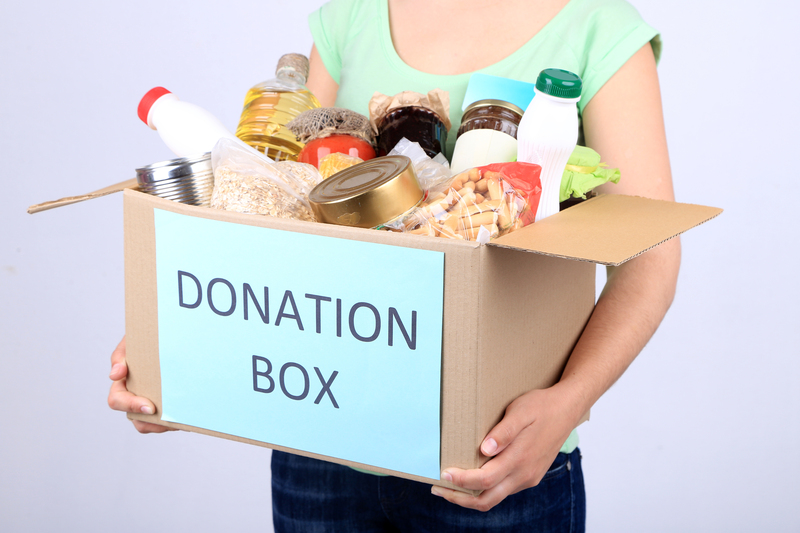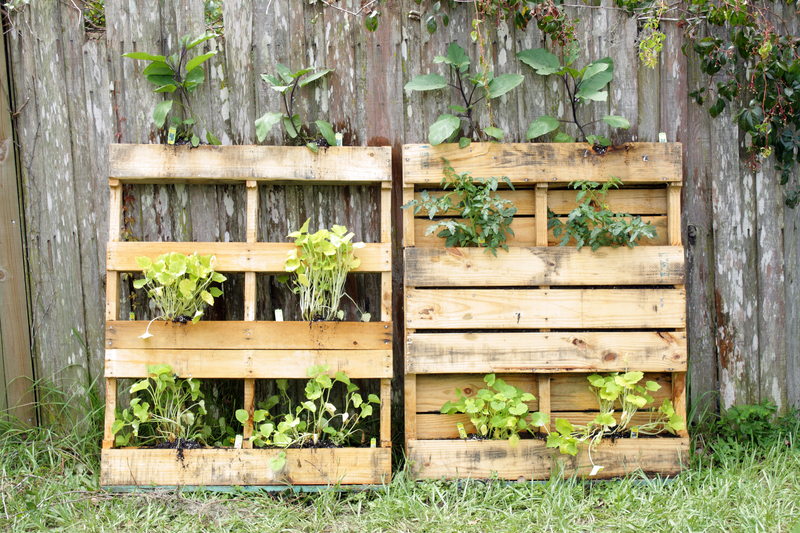Metal Recycling: Safeguarding Our Natural Landscapes
Recycling is a crucial process in preserving our environment and ensuring sustainable use of resources. Among the various materials that can be recycled, metal recycling plays a pivotal role in protecting our natural landscapes while conserving energy and resources. This comprehensive guide explores the importance, benefits, and process of metal recycling, and how it helps in safeguarding our natural environments.
Understanding Metal Recycling
Metal recycling involves collecting scrap metal, processing it in specialized facilities, and transforming it into usable materials. This process reduces the need to extract new raw materials from the earth, minimizing the disruption to natural landscapes often caused by mining operations. Recycling helps in reusing metals such as steel, aluminum, copper, and brass, among other metals, contributing to environmental conservation.
The Metal Recycling Process
- Collection - The initial step, involving gathering scrap metals from various sources like households, businesses, and industries.
- Sorting - Identifying and sorting metals based on their type and quality.
- Processing - Shredding and melting the metals to prepare them for recycling.
- Purification - Removing impurities to ensure high-quality recycled metals.
- Solidification - Cooling and solidifying the purified metal into usable blocks or sheets.
- Transportation - Delivering the recycled metal to industries where it will be fabricated into new products.

Benefits of Metal Recycling
Recycling metals offers numerous benefits that extend beyond economic considerations. Below are some significant advantages:
Environmental Preservation
Metal recycling dramatically reduces the need for mining new metal ores. Mining is a significant contributor to environmental degradation, including deforestation, soil erosion, and water pollution. By prioritizing recycling, we preserve our natural landscapes and ecosystems, ensuring a healthier environment for future generations.
Energy Conservation
Producing metals from virgin ore is energy-intensive. Recycling metals uses considerably less energy. For instance, recycling aluminum uses up to 95% less energy compared to producing it from raw materials. This significant reduction in energy consumption also means reduced greenhouse gas emissions, contributing to efforts against climate change.
Economic Advantages
The metal recycling industry generates employment and supports the economy. It provides jobs in collection, transportation, and processing sectors. Furthermore, recycling helps in reducing the cost of raw materials for manufacturers, leading to more affordable products for consumers.
Conserving Natural Resources
Naturally occurring ores are a finite resource. As the demand for metallic products grows, recycling offers a sustainable avenue to meet this demand while preserving natural reserves for future generations. This is crucial for heavily consumed metals like aluminum and steel.
Challenges in Metal Recycling
Despite its benefits, metal recycling faces several challenges:
- Contamination - Contaminated metals are challenging to recycle, requiring more intensive purification processes.
- Technological Limitations - Not all metals are efficiently recyclable due to constraints in current recycling technologies.
- Market Fluctuations - The value of scrap metal can vary, affecting the economic viability of recycling operations.

Strategies to Enhance Metal Recycling
To overcome the challenges in the metal recycling industry, improved strategies and technologies are needed:
Advanced Sorting Technologies
Enhancing sorting technologies can significantly improve the efficiency of recycling facilities. Automated sorting systems can segregate metals more accurately and reduce contamination levels.
Improving Collection Systems
Establishing efficient collection systems, including more accessible recycling centers and organized scrap metal collection programs, can increase the volume of metals recycled.
Educating the Public
Raising awareness about the importance and benefits of recycling metals is crucial. Educational initiatives can encourage more people to participate in recycling programs, thereby increasing the supply of scrap metals.
Conclusion
Metal recycling is an essential tool in safeguarding our natural landscapes by reducing the need for destructive mining operations. By conserving energy, reducing greenhouse gas emissions, and preserving natural resources, recycling metals provides considerable environmental and economic benefits. While there are challenges in the recycling industry, strategic improvements and technological advancements can enhance recycling rates and efficiency. Every stakeholder--from individual households to large manufacturers--plays a part in this sustainable cycle. Together, we can ensure that our efforts in metal recycling contribute positively towards a healthier and more sustainable planet.